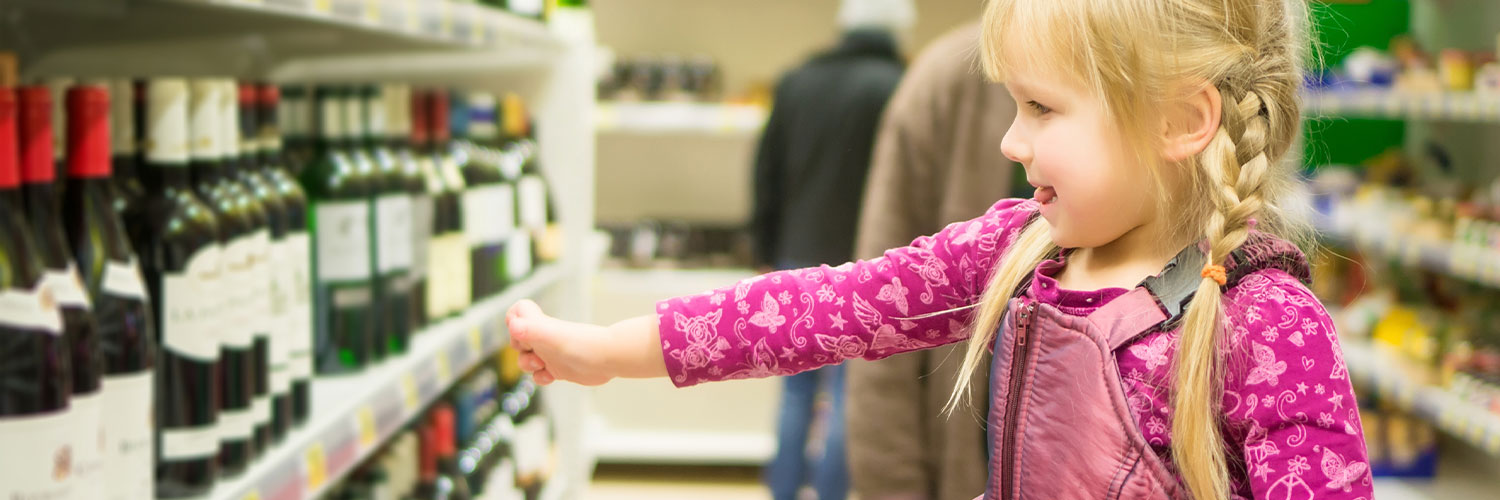More and more alcohol companies have started creating alcohol alternatives. These are products such as Heineken 0.0 and Carlton Zero; they are produced by major alcohol companies, contain no or low amounts of alcohol, and mimic the taste and look of their alcoholic counterparts. You may have recently seen their ads plastered across buses and spruiked on the radio.
These products raise some interesting challenges for public health groups. On the one hand, alternatives to alcoholic products are welcome for those choosing to reduce their alcohol intake. On the other hand, with increasing calls for better controls on alcohol advertising and availability, the cynic in us has to wonder if zero alcohol products are a convenient way for alcohol companies to potentially circumvent current controls on alcohol.
Existing restrictions on alcohol advertising and the industry’s self-regulatory Alcohol Beverages Advertising Code (ABAC) Scheme have failed to keep up with the promotions for zero alcohol products. The ABAC Responsible Alcohol Marketing Code states that “alcohol brand extensions to non-alcohol beverage products” fall within their purview. But, in a determination released in August 2019 for Carlton Zero, the ABAC Panel decided that while zero alcohol products fall within their scope, due to the “clunkiness” of the ABAC Scheme, zero alcohol products shouldn’t be covered by the Code. Within the same determination, the Panel also highlighted that as the promotion for Carlton Zero is linked to a major alcohol company and shares an alcohol company’s branding and logo, Carlton Zero should not be advertised during times young people will be exposed.
If you are confused, don’t worry so are we.
Given the rapid increase in the availability and promotion of zero alcohol products, the Public Health Advocacy Institute of WA’s Alcohol Programs Team and the Foundation for Alcohol Research and Education formed a policy position on zero alcohol products based on the best available evidence. The policy position was prepared for use by the public health sector and our colleagues, and it aims to inform policy responses to zero alcohol products.
So, what is our position?
Firstly, ads for zero alcohol products should be treated as alcohol ads. That means controls on alcohol advertising across all levels of government should include promotions for zero alcohol products. Promoting zero alcohol products that are clearly linked to big alcohol brands exposes young people to greater levels of alcohol advertising and normalises alcohol use. For example, Carlton Draught and its non-alcoholic version are only distinguishable by different colours, while the bottle shapes and labelling are near identical. The use of shared design can act to increase brand awareness and loyalty, and help alcohol companies reach wider audiences who may not legally be allowed to purchase alcohol.
Secondly, zero alcohol products can only act as an alcohol alternative if they are seen and promoted as such. Unfortunately, current advertising for zero alcohol products has positioned them as a soft drink alternative, rather than an alcohol alternative. Soft drinks can be consumed in places and situations alcohol wouldn’t normally be drunk. For example, ads for Heineken 0.0 and Carlton Zero promote the use of these products in the workplace, during exercise or while driving. Despite being non-alcoholic, we believe the association between these activities and major alcohol brands is inappropriate.
Lastly, the sale of zero alcohol products should be restricted to licensed premises and to people aged 18 years or older. Currently, the advertising and availability of these products within supermarkets can extend the reach of alcohol brands, with no age restrictions on who is allowed to purchase zero alcohol products. Although there are international examples of supermarkets restricting the sale of zero alcohol products, strengthened controls should be used to keep these products out of Australian supermarkets, and to prevent further normalisation of the taste and availability of alcohol. It is tempting to welcome the development of zero alcohol products with open arms. But, what do the alcohol companies stand to gain from them? To us it seems to be the perfect opportunity to promote and extend existing and well-known alcohol brands in situations and to audiences that would normally be protected from alcohol advertising. To avoid taking a step back on existing alcohol controls, we believe that zero alcohol products should be sold and marketed in line with the current controls on alcoholic products – it’s that simple.







